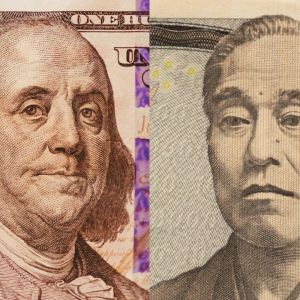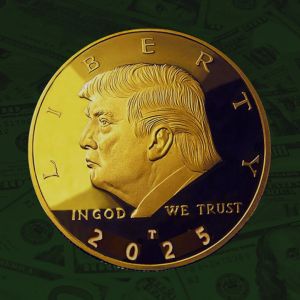Stuart Alderoty, Ripple’s CLO, expressed confidence in the dismissal of the U.S. SEC’s lawsuit under the next administration. He added that the politically driven lawsuit was just noise and merely a rehash of already failed arguments. The Ripple CLO said a new era of pro-innovation regulation was coming, and Ripple was thriving. He congratulated attorney Paul Grewal and Coinbase for their win against the U.S. SEC on January 3rd, stating that Gensler’s anti-crypto crusade would end on January 20th. U.S. attorney Hogan said the U.S. SEC was only appealing the ruling that what the XRP sold to retail investors on exchanges were not sales of securities, not that the investors were harmed. He added that he was a little shocked that the U.S. SEC had failed to get any reasonable evidence into the record that actual XRP retail buyers knew about Ripple and its ‘promises’ to them. James Filan, defense lawyer and former federal prosecutor, said the parties had filed a stipulation stating they would file a deferred appendix for the cross-appeals 21 days after the appellee’s brief was served. Attorney says the U.S. SEC’s opening brief is ‘lacklustre’ at best 2. I honestly found the brief lackluster – almost as though the drafter knew he was wasting his time. For example, almost half the brief was spent just reiterating what the trial court ruled. That part of the brief was almost as long as the trial court ruling itself! It's kind… — Jeremy Hogan (@attorneyjeremy1) January 16, 2025 Hogan asserted that the U.S. SEC’s brief was hard to work through because it lacked conviction, almost as though the drafter knew they were wasting time. Almost half the initial Ripple v. SEC appeal brief – nearly as long as the trial court ruling itself – was spent reiterating what the trial court ruled. Hogan said it was kind of like trying to talk a girl into going out with you and spending half the time telling her back the reasons she said ‘no’ previously. At heart, what the U.S. SEC wanted the appellate court to say was that it did not have to prove that XRP buyers were aware of Ripple’s statements that it would work to increase XRP’s price, said the attorney. According to Hogan, the U.S. SEC relied primarily on three cases for that proposition. He, however, claimed the problem with the U.S. SEC – from his reading of the first two cases – was that they said no such thing. Hogan added that not needing to show ‘reliance’, which the U.S. SEC argued, was completely different from not needing to even show knowledge – which the trial court ruled was missing in the Ripple case. “Expect Ripple to destroy this in its reply, if we get there.” – Jeremy Hogan Hogan believes the U.S. SEC’s best bet is to ‘Frankenstein’ together a case that helped them. He, however, pointed out that reading the case revealed that the investors knew exactly who the seller was and what the promises were. Expect Ripple to distinguish this case to shreds as well, said Hogan. Trump’s incoming administration increases hope for Ripple’s win Alderoty was certain that Gensler’s war on crypto at the U.S. SEC would end on January 20th, immediately after Trump’s inauguration. He pointed out that Ripple was confident in its position on the appeal, and it looked forward to working with the new U.S. SEC leadership to resolve most of its pending complaints. According to Alderoty, a federal appeals court had laid bare what the industry had repeated for years: Gensler’s selective enforcement of securities laws was a (not so) hidden attempt to ban the crypto industry. The Ripple CLO urged the incoming government to cleanse the agency of lingering stains, saying that there was much more to do to repair the damage. Alderoty said Ripple planned to expose the U.S. SEC’s lawless tactics. A court disclosed that the U.S. SEC was adopting its litigation positions to further its desired goals, not out of faithful allegiance to the law. Alderoty said the question was not whether the U.S. SEC under Gensler, it was. Vivek Ramaswamy claimed the worst part about the U.S. SEC was that it regularly lost cases in federal court because they ‘contorted’ their rules in illegal and unconstitutional ways. Ramaswamy said the agency was worse at following the law than the defendants they went after. From Zero to Web3 Pro: Your 90-Day Career Launch Plan



















